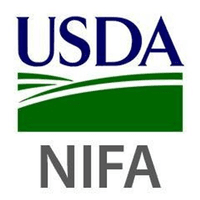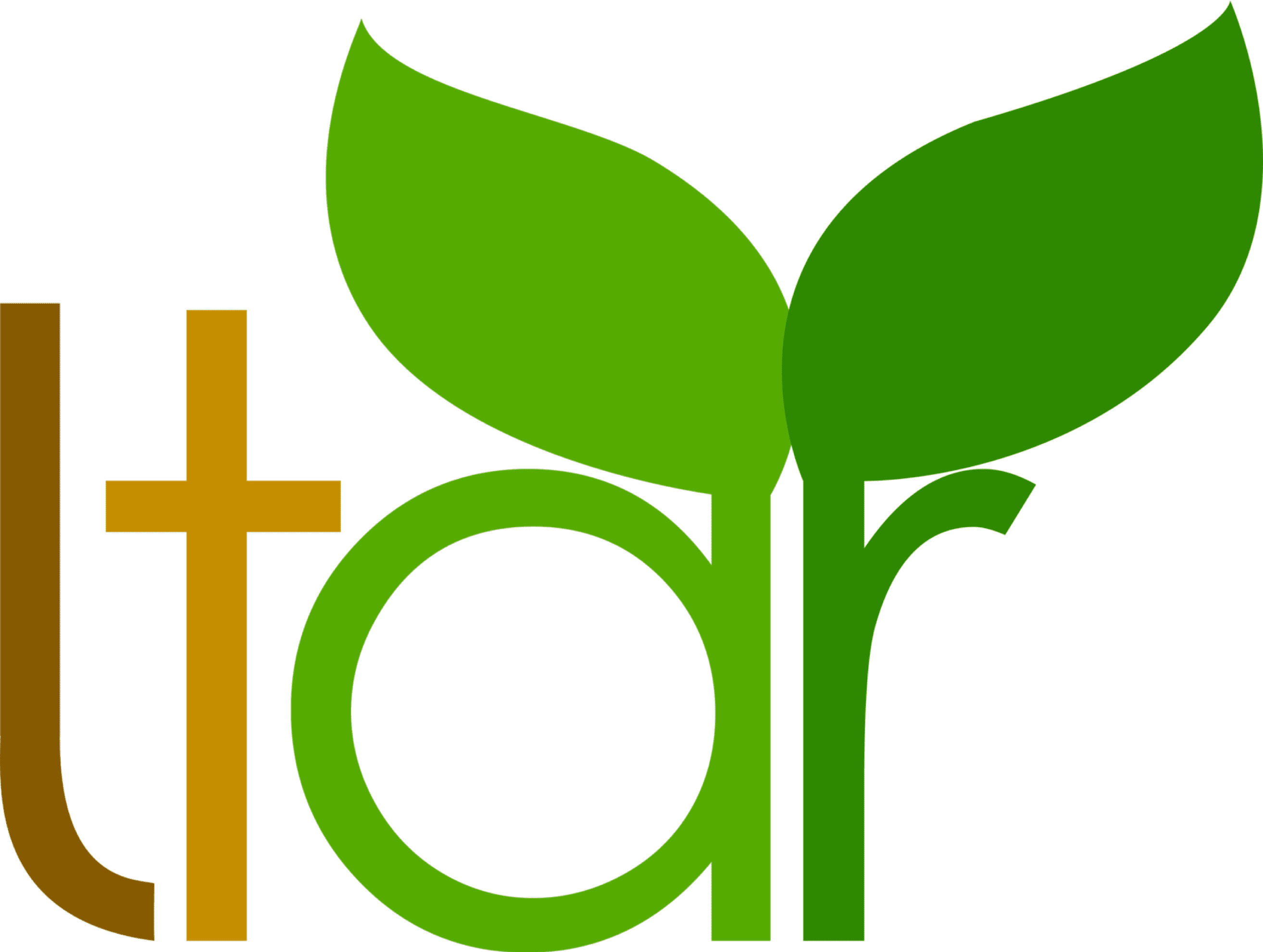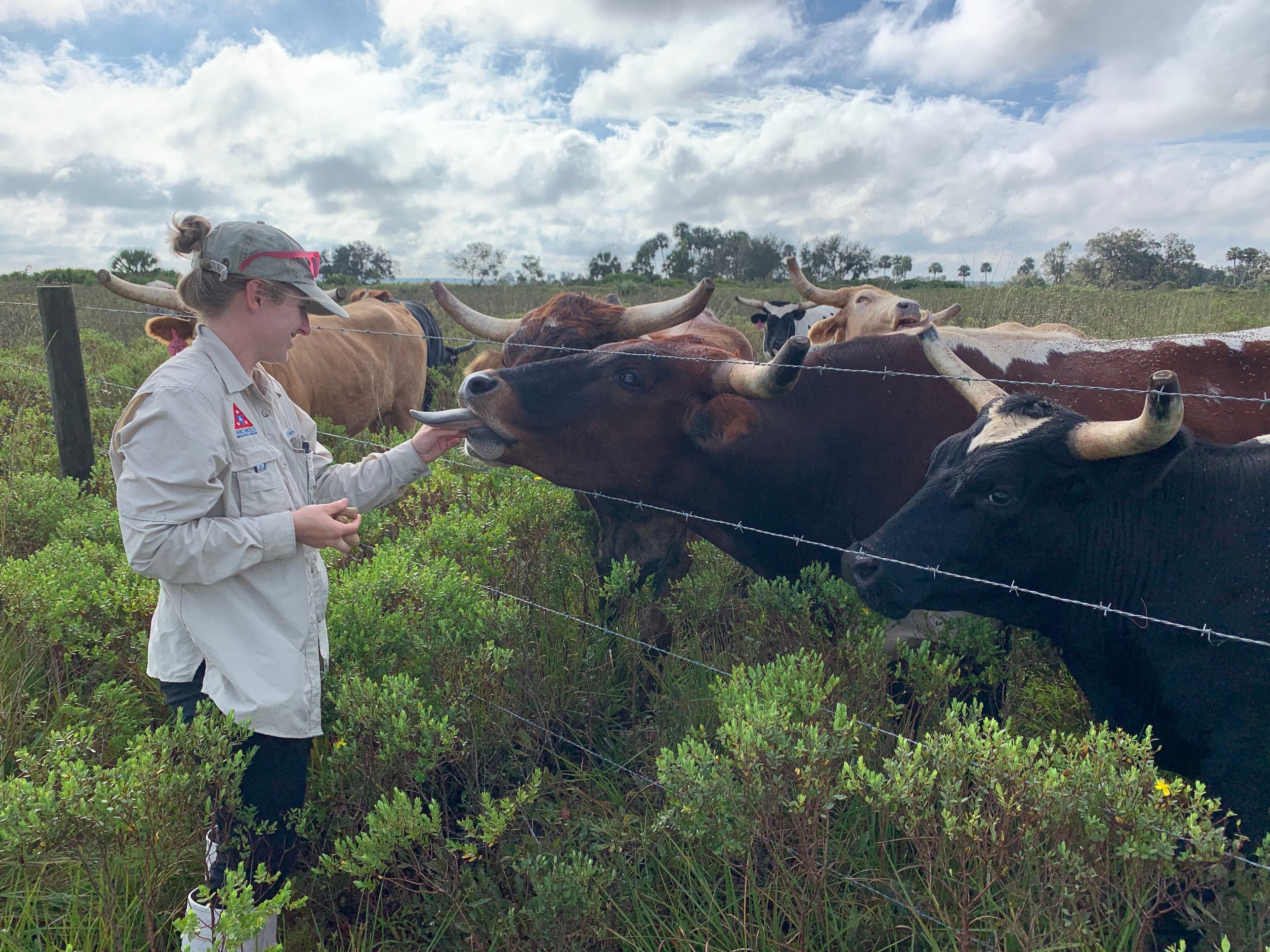
Climate change on the ranch
Our work seeks to understand how alternative grazing and land management strategies affect the resilience of grasslands to altered precipitation regimes.
Major Findings & Impact
Florida’s ranchlands make up 1/6th of the state of Florida and are an important part of the state’s cultural history and economy. These agricultural lands also serve as a bastion for wildlife and source of important ecosystem services beneficial to humans. Future climate projections in FL indicate the likelihood of shifting precipitation seasonality, with increasing magnitude and frequency of heavy rainfall events and longer dry spells. Heavy rains may cause flooding in summer, reducing grass growth and decreasing land availability for grazing, while increasing rainfall in the dry season may increase forage production. Both average and extreme temperatures are projected to increase considerably under all greenhouse gas emissions scenarios. We set up an experiment to mimic predicted rainfall scenarios to give ranchers information about how to manage grasslands to maintain food production and other ecosystem services in the face of climate change.
Project Details
More about this project
Key Collaborators
Dr. Jiangxiao Qiu, Univ of Fl, co-Project Lead/PI, Dr. Willm Martens-Habbena, co-PI, Lydia Landau, B.S., Hayley Henderson
Data and Analysis Types
Plant composition, Plant diversity, Forage production, Forage quality, Grazing heights, Soil moisture, Soil temperature, Soil oxygen, Soil nutrients, Soil carbon, Soil microbial diversity and composition, Greenhouse gas emissions, Root growth
Primary Location(s)
Buck Island Ranch
Years Active
2021 – Present, funding until 2026
Related People
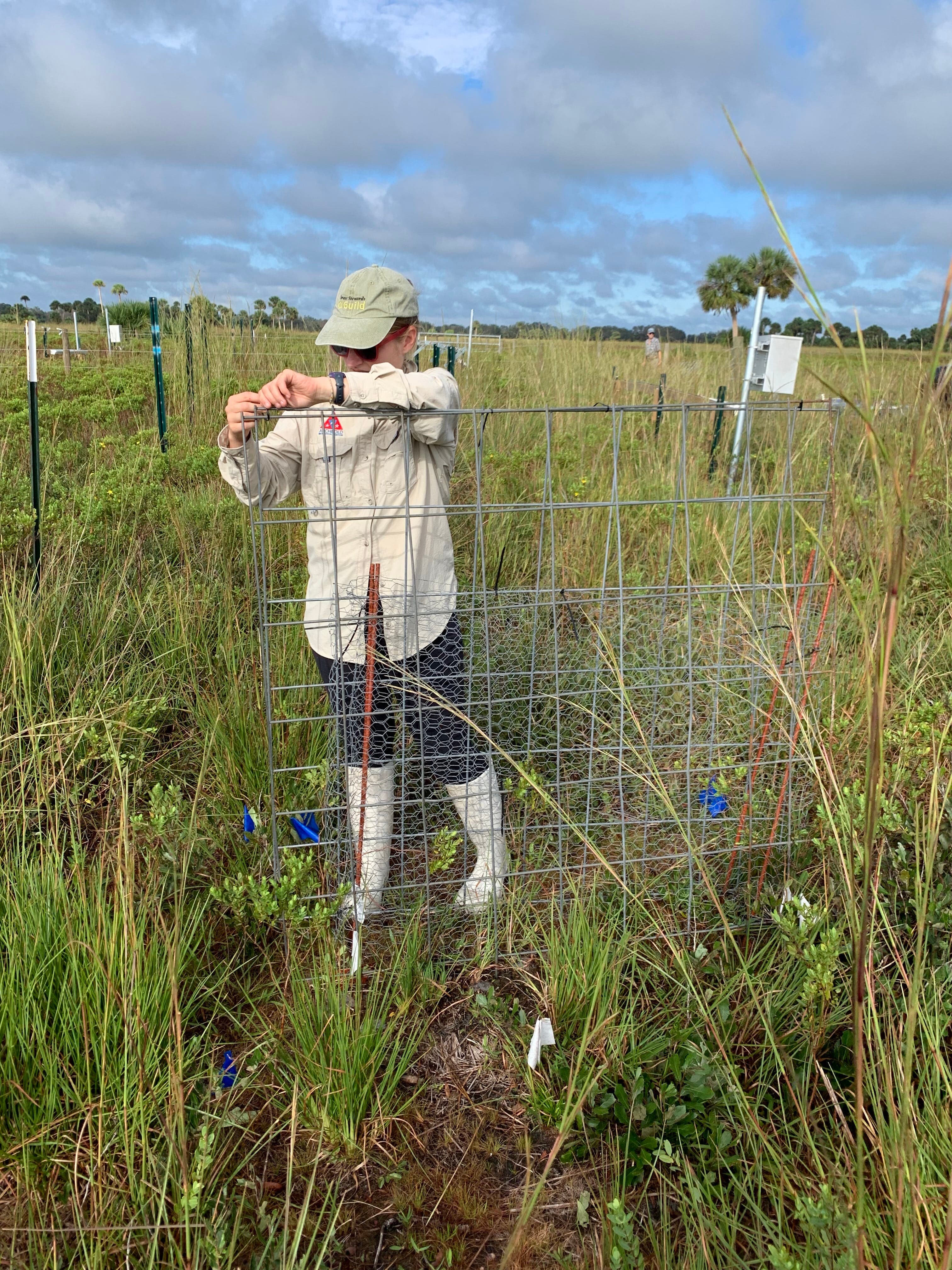
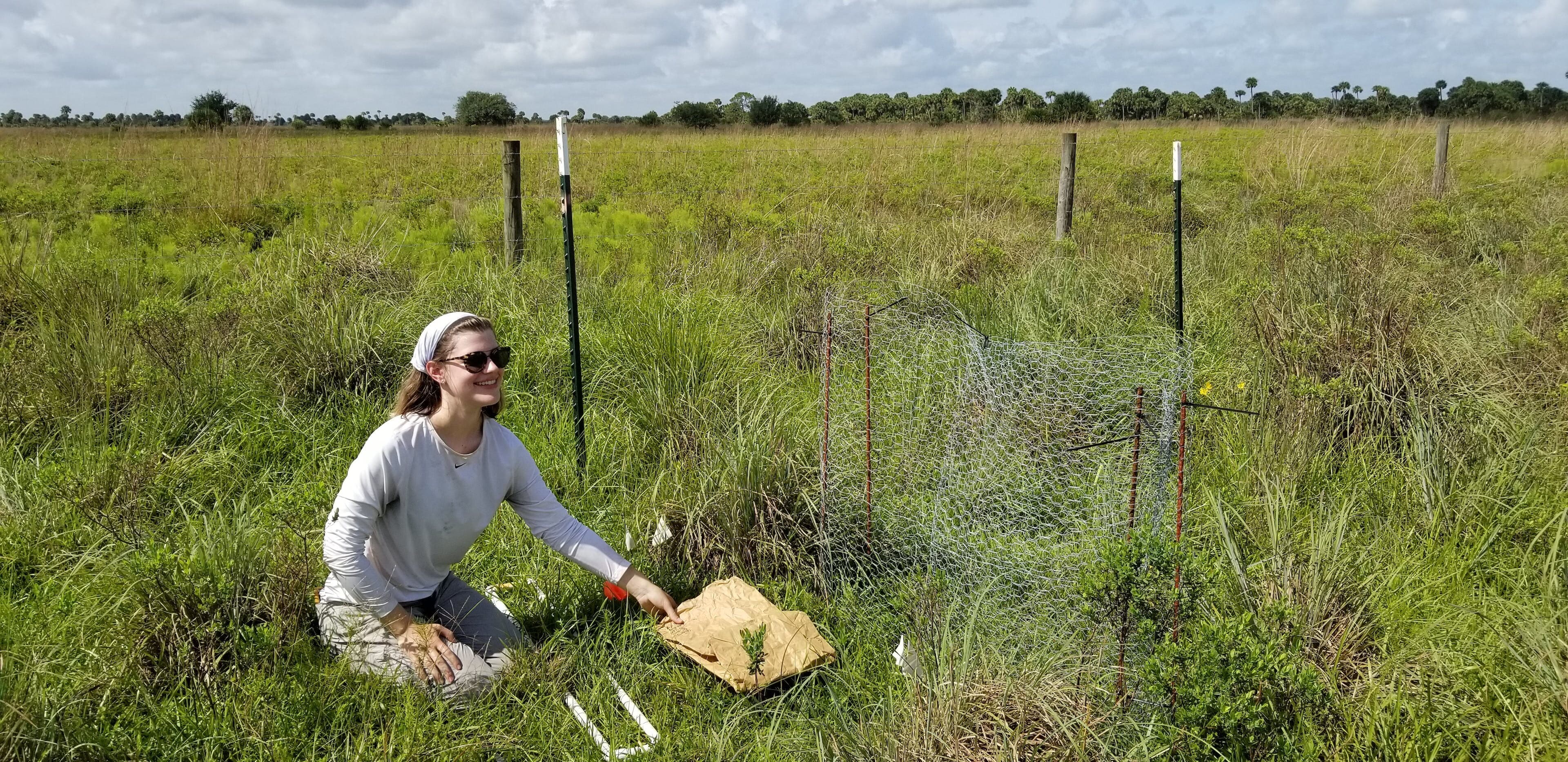
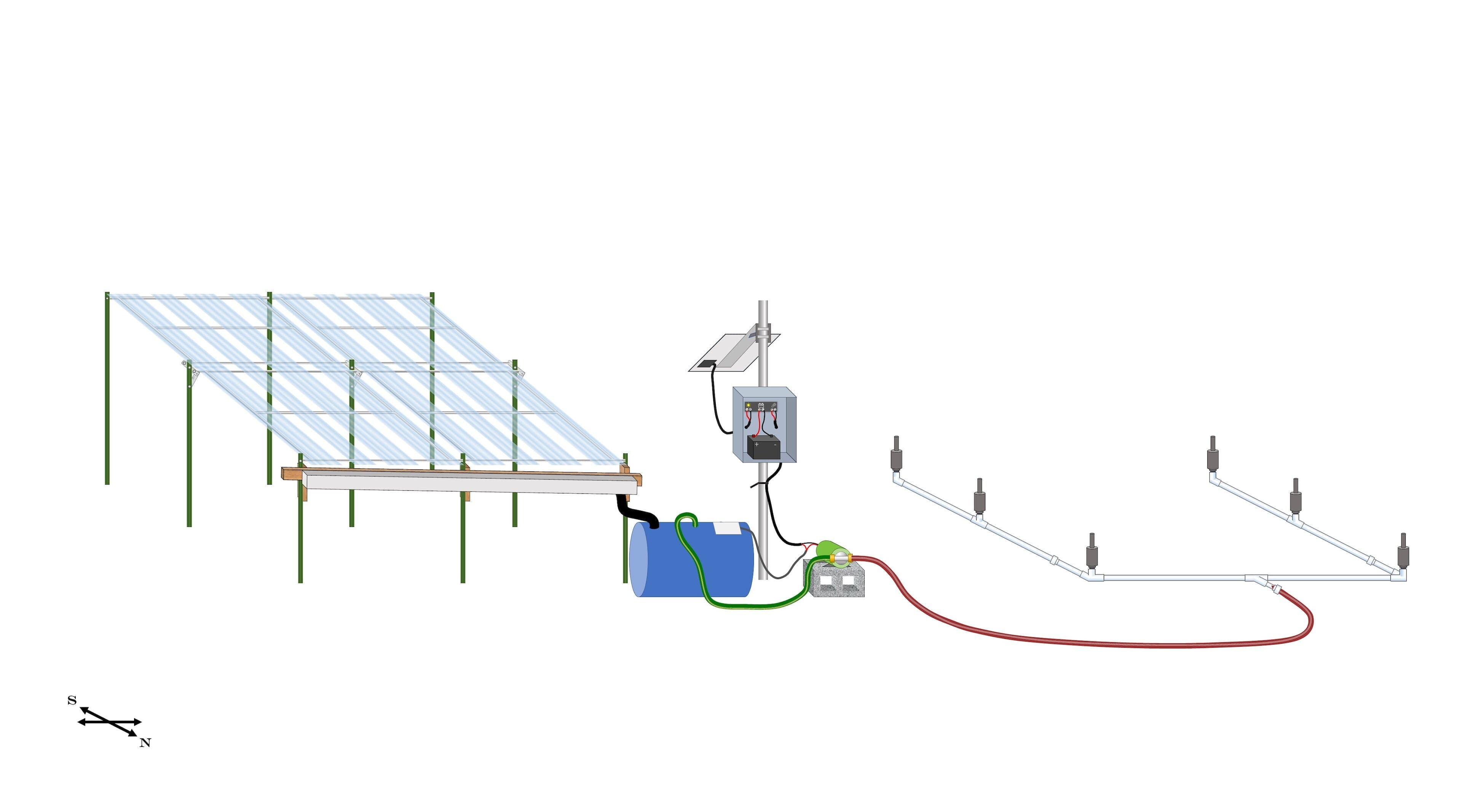
.jpg&w=3840&q=75)

.png&w=3840&q=75)
